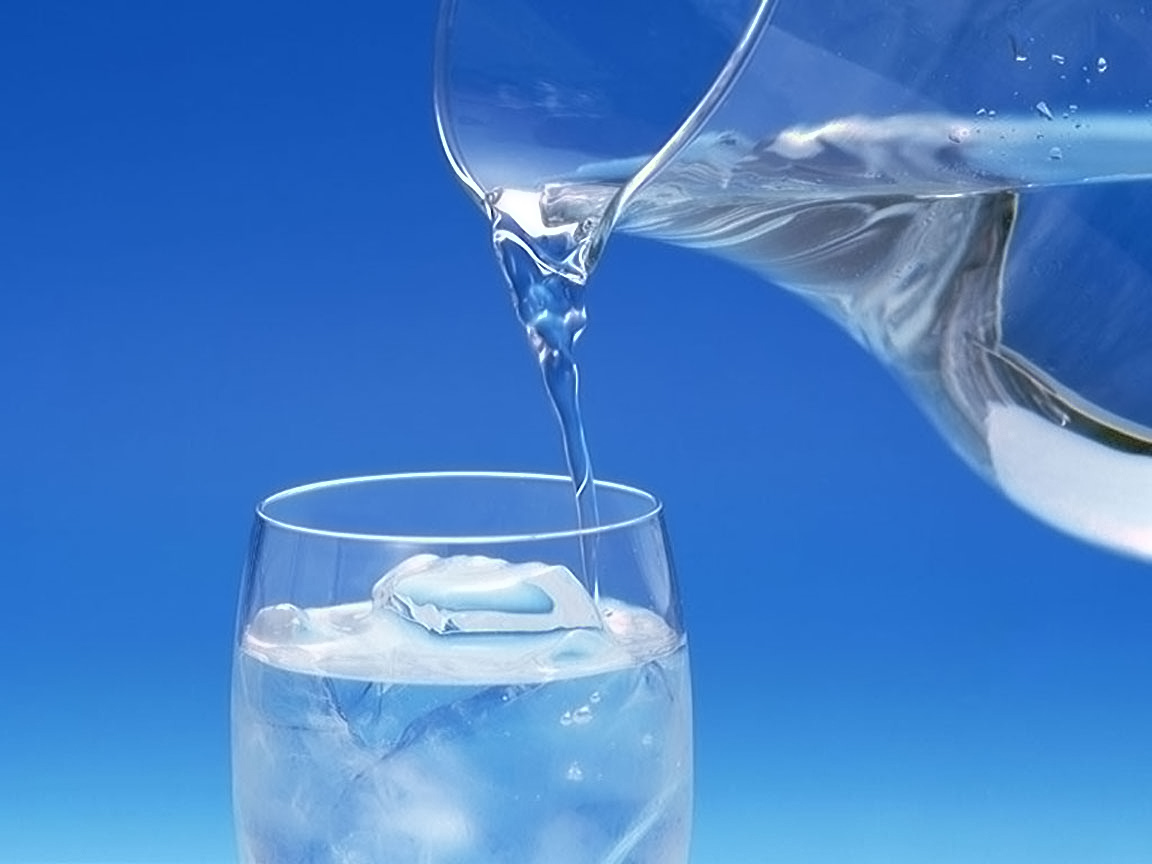Free Drinks!!! Free Weight-Loss!!!
Are you feeling confused yet? Did you really think that I was sending you to a bar for free drinks? Common!!!
Yes, I suckered you in with a snazzy subject heading! While you’re here, you might as well linger for a bit and get some helpful and FREE weight-loss advice from one of Hollywood’s most knowledgeable weight-loss professionals.
The secret is out!!! Weight-loss results from a caloric deficit, which can naturally be obtained through a combination of diet and exercise. Most of us, however, have more trouble achieving the appropriate diet. I can help with that! First thing is first: Drink more water!!! Your daily consumption goal should be a minimum of 96 oz of water. For most of you; that’s a ton of water! Trust me on this one…..maintaining a healthy fluid balance will absolutely decrease your appetite. Just read my article below to best-understand how to increase hydration while minimizing your current “bloat.”
I recommend finding a 20 oz BPA and PVC-Safe water bottle (available at Target and Amazon.com for about $10). Make it a goal to fill and drink your bottle 5 times everyday. Set an hourly alarm on your phone to remind you to CHUG. Another bonus of your new weight-loss habit is that you’ll get more bathroom breaks during your long work day! They can’t fire you for being healthy!
DRINK UP!!!
1) The Functions of Water
- In the body, water functions as a solvent and transporter; it dissolves solids. For instance, water dissolves proteins and then transports them to our cells for muscle-building, repair, and recovery.
- Water also acts as a catalyst; water is necessary for chemical and enzyme-based reactions. The vitamins, minerals, and enzymes we ingest from foods and supplements only become functional when they are electrically charged ions. These substances cannot become ions until they are dissolved in water.
- Water acts as a lubricant; it lubricates joints and acts as a shock-absorber for the eyes and spinal column. Water also makes up the majority of the amniotic-fluid that protects and facilitates fetal development.
- Water regulates our temperature. Heat forces sweat which in turn leads to evaporation. The evaporation acts as a thermal device to cool down the body.
- Water is a mineral source; by nature, it contains fluoride. The processing of tap water through limestone adds calcium and magnesium.
- Water promotes growth; it assists in the synthesis of protein and glycogen trough the process of dissolving and transporting nutrients throughout the body.
2) Water from Food Sources
- The water content in food differs. Raw fruits and vegetables contain the most water. “Wet” carbohydrates, such as cooked rice and legumes, also contain a considerable amount of water. On the other hand, foods that are higher in fat contain little-to-no water (nuts, seeds, oils, butters, fast-foods, and packaged foods).
3) Recommended Daily Water Intake
- The Recommended Daily Average (RDA) of water intake is 3 Liters (12 cups). A diet high in fresh fruits, vegetables, and “wet” carbohydrates will naturally provide 1 Liter (4 cups) of water/day. Such a diet would drop the RDA down to 2 Liters (8 cups) of water/day. However, factors such as climate, physical activity, sweat, and body size will alter daily water needs; warmer climates, increased sweating, physical activity, and a larger body size will all increase water needs….sometimes by as much as 2x!
4) Dehydration
- Dehydration occurs as a result of too little water relative to sodium. Dehydration can occur from sodium overload, low water intake, or from an increased rate of sweating.
5) Dehydration/Water-loss can create substantial changes in the body. For instance:
% of body water lost & Result:
.5% strain on heart
1-2% declined performance
3% decreased endurance
4% reduced strength and motor skills, overheating
5% heat exhaustion, physical and mental fatigue
6% physical exhaustion, heatstroke, come
10-20% death
6) Increased Carbohydrates=Increased Water Storage. If you want to reduce your “bloat,” then decrease your carbs (especially your starches)
- There is a direct relationship between increased carbohydrate intake and increased water storage. For every gram of stored carbohydrate, 3-4 grams of water are stored. This means that rice, grains, beans, potatoes, flours, wheat, and yeasts will all cause bloating because they increase water storage.
For specific questions about this post or to inquire about custom meal plans, please e-mail me at lauren@laurenkern.com
Stay Happy, Stay Healthy, Stay Hydrated, and Stay Fit!!!
-Lauren


Comments